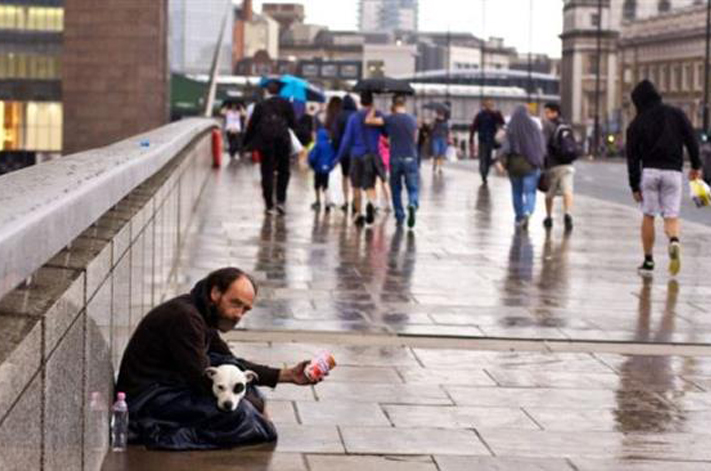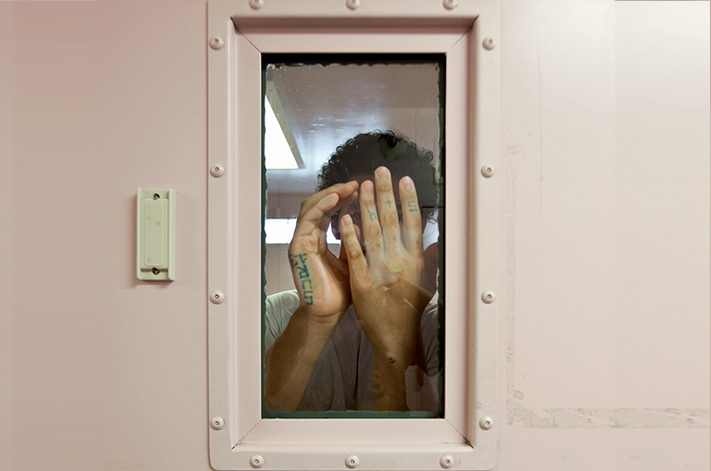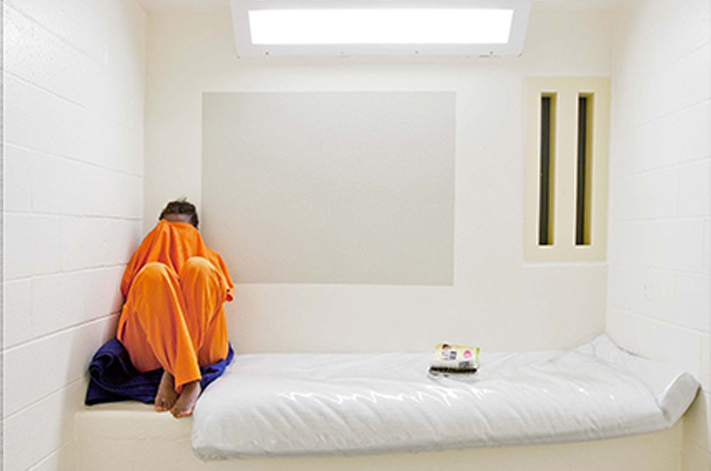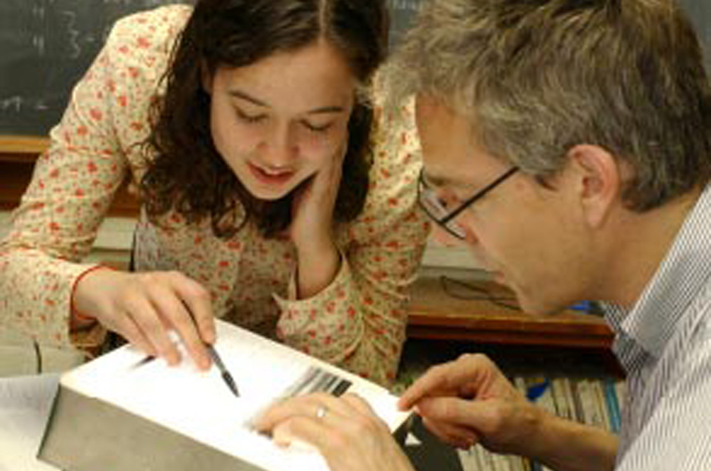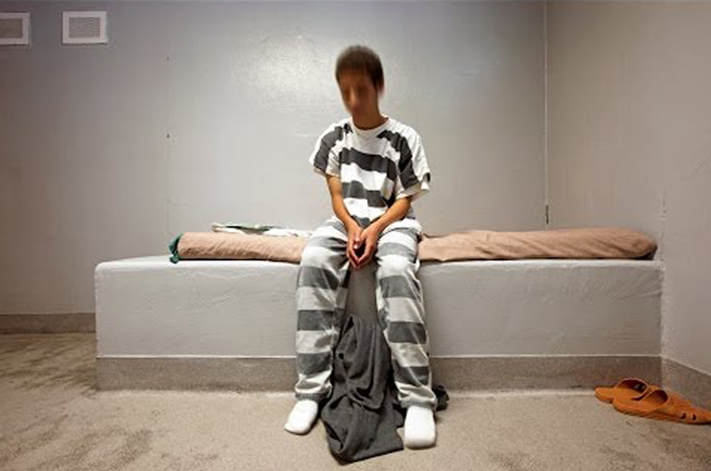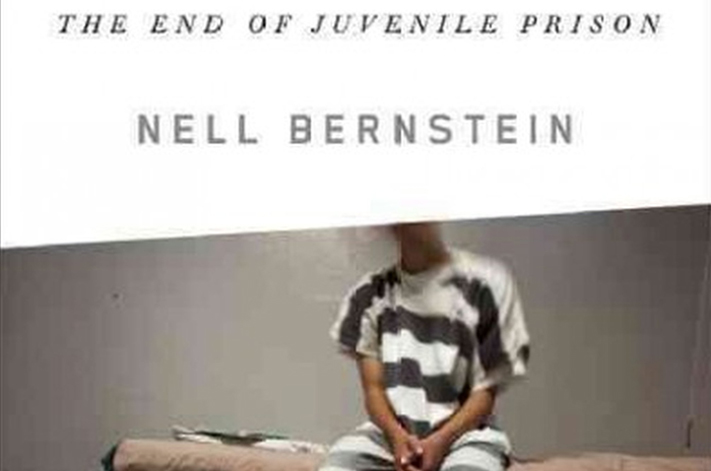Project Description
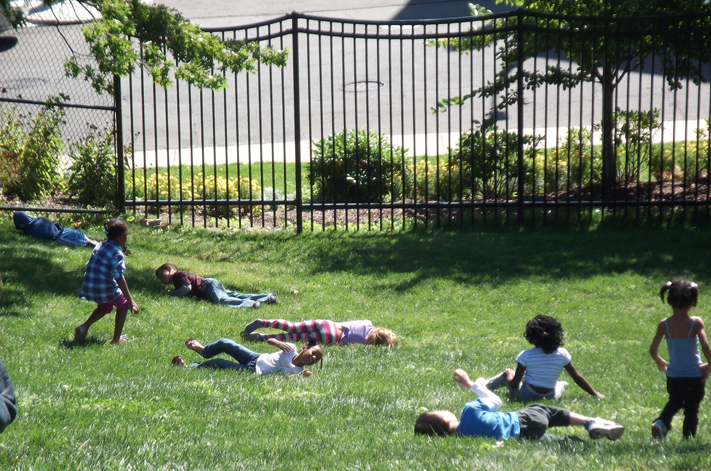
Taking Back Childhood. A Proven Roadmap for Raising Confident, Creative, Compassionate Kid by Nancy Carlsson Paige, Ed.D. a Professor Emerita at Lesley University. Nancy taught teachers for more than 30 years. She has written and spoken extensively about the impact of media on children’s lives and social development, and how children learn the skills for positive relationships.
One only need turn on the TV, stroll the aisles of a toy store, or visit any American elementary school to witness the formidable social trends that, over the past few decades, have begun to erode the quality of kids’ lives. This book will help you think about how we can Take Back Childhood.
Purchase NowExcerpt; Taking Back Childhood. A Proven Roadmap for Raising Confident, Creative, Compassionate Kids
From where I am sitting today, I am profoundly concerned about our nation’s children. Life is far more challenging for children and parents today than it was only a generation ago, when I was raising my kids. These days, a host of social forces and trends is putting tremendous pressure on children and their parents: Entertainment media are too often replacing active, child-centered play and social time with peers and family. Constant depictions of violence, aggression, and disrespect towards others are immersing kids in a world where “might makes right.” Exposure to frightening news reports that only seem to confirm the violent messages pervading kids’ entertainment leave many children fearful and insecure.Aggressive marketing campaigns aimed at kids are pushing a host of products, toys and values on children, teaching them to value “having” over “being” from an early age. Economic and time pressures on parents are leading them to quick-fix approaches to discipline and to rely on “electronic babysitters” like TV’s, Game Boys, and X-Boxes. An overemphasis on standardized tests in our schools is robbing children of genuine learning opportunities and resulting in the loss of unstructured play, arts activities, and social time, all of which are essential to their well-being. Childhood as we know it is being stolen from our children, and it is time for us, as concerned parents, to take it back.
Given that these basic needs of our children are in danger, I deeply believe that we, as concerned parents, grandparents, aunts, uncles, and educators can no longer wait for our society as a whole to become more supportive of children. Yes, we need public policies that protect kids from coercive media and marketing, including restrictions on advertising to young children and prohibitions on marketing violence to children. Yes, we need affordable national daycare and after-school programs, active classroom learning approaches tailored to children’s individual interests and talents, and conflict resolution programs. But while we work towards these policy changes, we can also take a more active approach as parents and caregivers. As the adults who still wage the most important influence in our children’s lives, we have within our hands—right here, right now—the ability to restore the critical experiences and tools that society has slowly but too surely taken away from our kids.
As I have underscored above, to protect our children from the seemingly inescapable forces that threaten their most basic needs, I find great solace—and hope—in the literature of child development, which provides us with a deep understanding of how children grow, how they think and feel, and what their psychological and developmental needs are. This knowledge, combined with love and caring, can give us the power we need to encourage and restore children’s healthy play; to strengthen kids’ sense of security so they can thrive in today’s often frightening world; and to teach children to create meaningful loving relationships that will help them grow and bring them deep satisfaction.
As I have stressed, one of the key insights childhood development theory provides is consideration for the child’s perspective. Throughout this book, I will encourage you to try to put yourself “inside the heads” of even the youngest children in your care. And as you do this, I hope you will begin to see how it can open up new possibilities for parenting and allow you to better meet your children’s needs.
